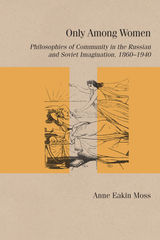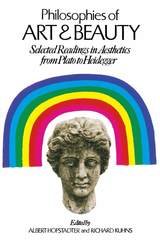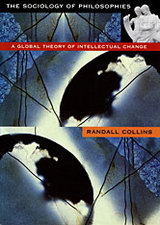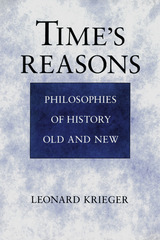
Paradise haunts the Biblical West. At once the place of origin and exile, utopia and final destination, it has shaped our poetic and religious imagination and informed literary and theological accounts of man’s relation with his creator, with language and history. For Kant, Paradise was the inaugural moment for the rise and progress of reason as the agency of human history, slowly but certainly driving humanity away from error and superstition. Nietzsche described it more somberly as the very embodiment of the conflict between humanity and its beliefs.
In Earthly Paradise, Milad Doueihi contemplates key moments in the philosophical reception and uses of Paradise, marked by the rise of critical and historical methods in the Early Modern period. How do modern debates around the nature of evil, free will, and the origin of language grow out of the philosophical interpretations of Paradise as the site of human history? How do the reflections of Spinoza, Pierre Bayle, Leibniz, and their contemporaries inform our current ideas about the Biblical narrative of the Fall? Is Paradise the source of human error or an utopian vision of humanity itself?




The heart of Krieger's narrative is an insightful analysis of theories of history from the classical period to the present, with a principal focus on the modern period. Krieger's exposition covers such figures as Ranke, Hegel, Comte, Marx, Acton, Troeltsch, Spengler, Braudel, and Foucault, among others, and his discussion involves him in subtle distinctions among terms such as historism, historicism, and historicity. He points to the impact on history of academic political radicalism and its results: the new social history. Krieger argues for the autonomy of historical principles and methods while tracing the importation in the modern period of external principles for historical coherence.
Time's Reasons is a profound attempt to rejuvenate and restore integrity to the discipline of history by one of the leading masters of nineteenth- and twentieth-century historiography. As such, it will be required reading for all historiographers and intellectual historians of the modern period.
READERS
Browse our collection.
PUBLISHERS
See BiblioVault's publisher services.
STUDENT SERVICES
Files for college accessibility offices.
UChicago Accessibility Resources
home | accessibility | search | about | contact us
BiblioVault ® 2001 - 2024
The University of Chicago Press









